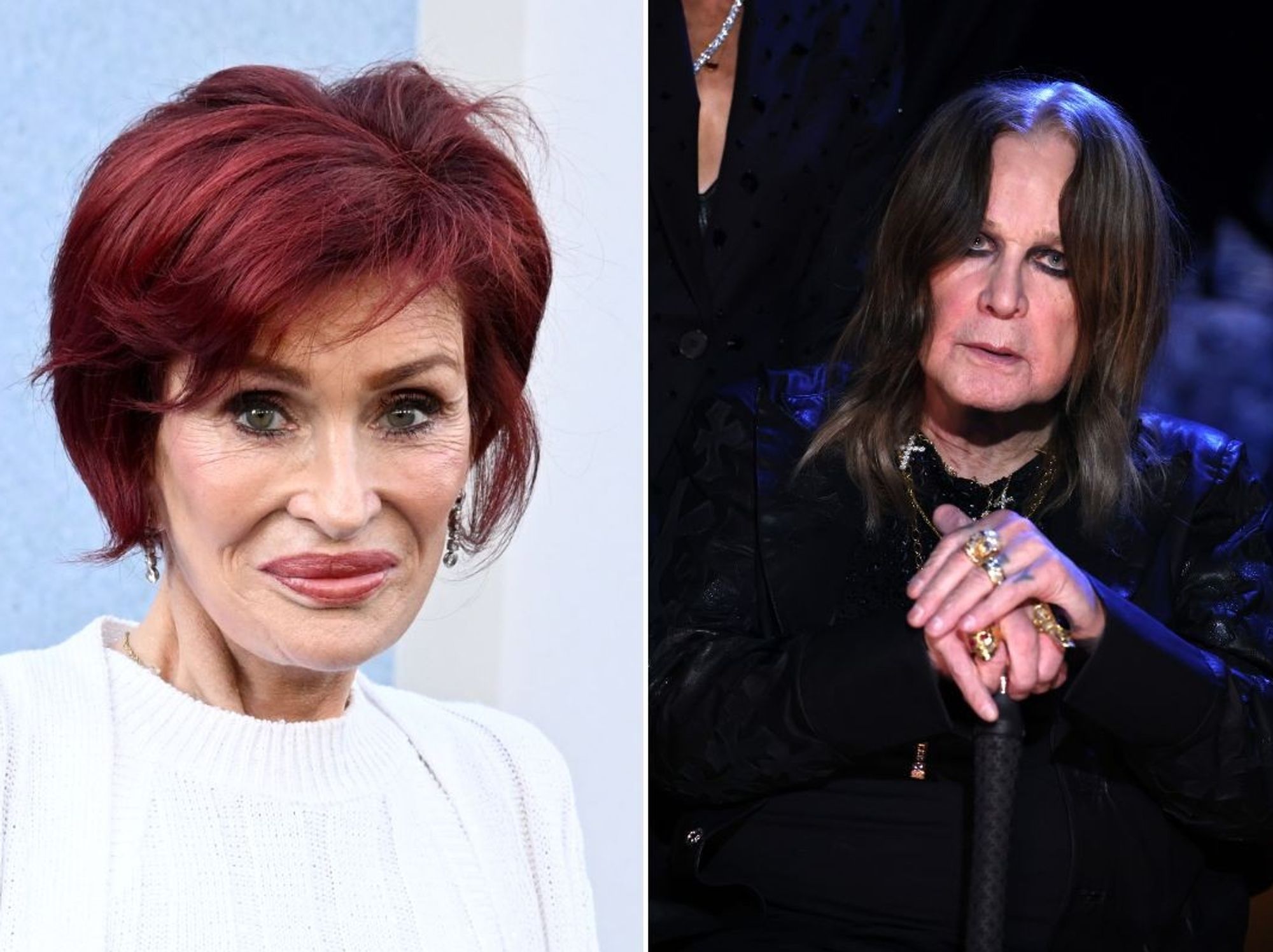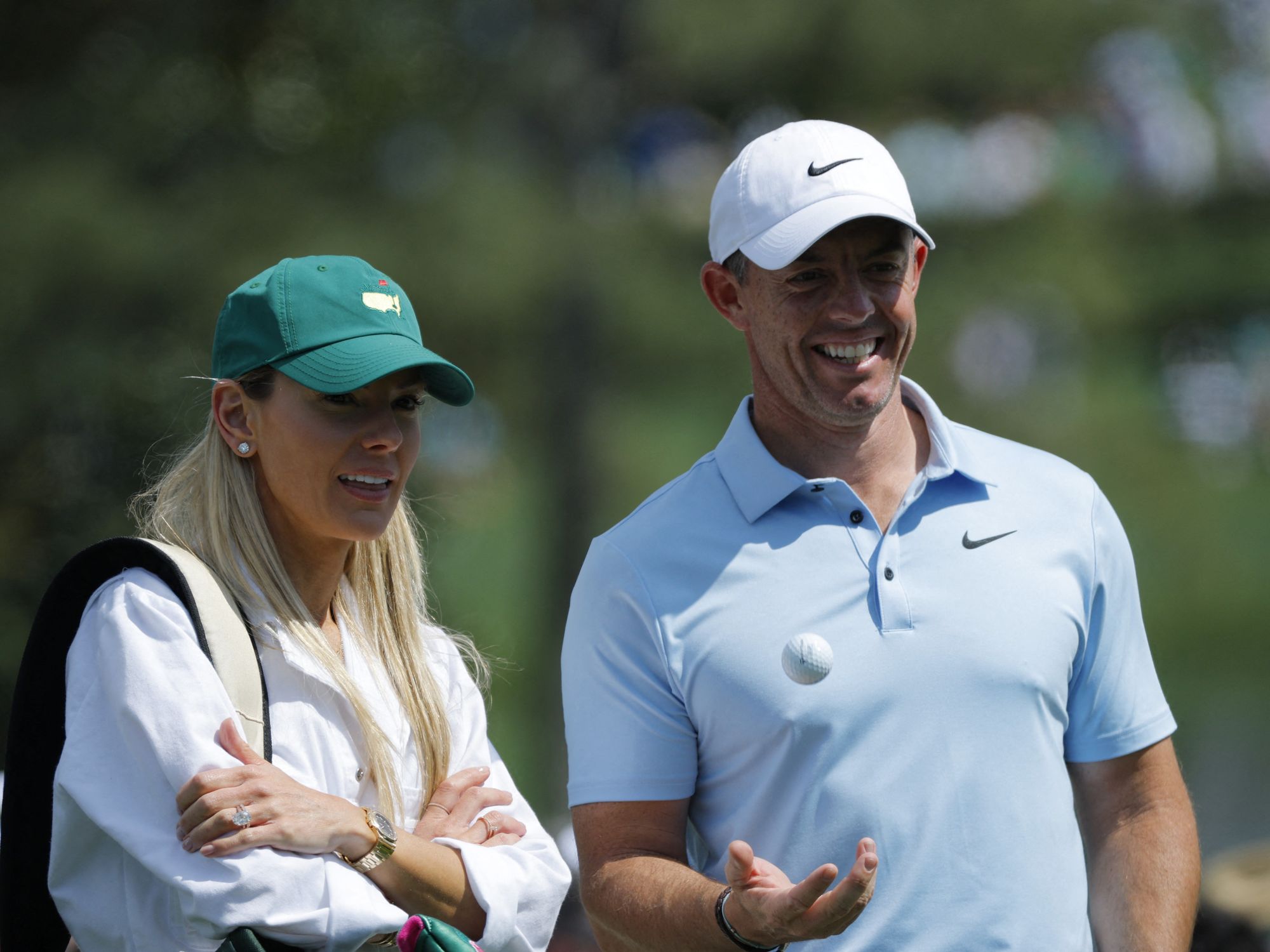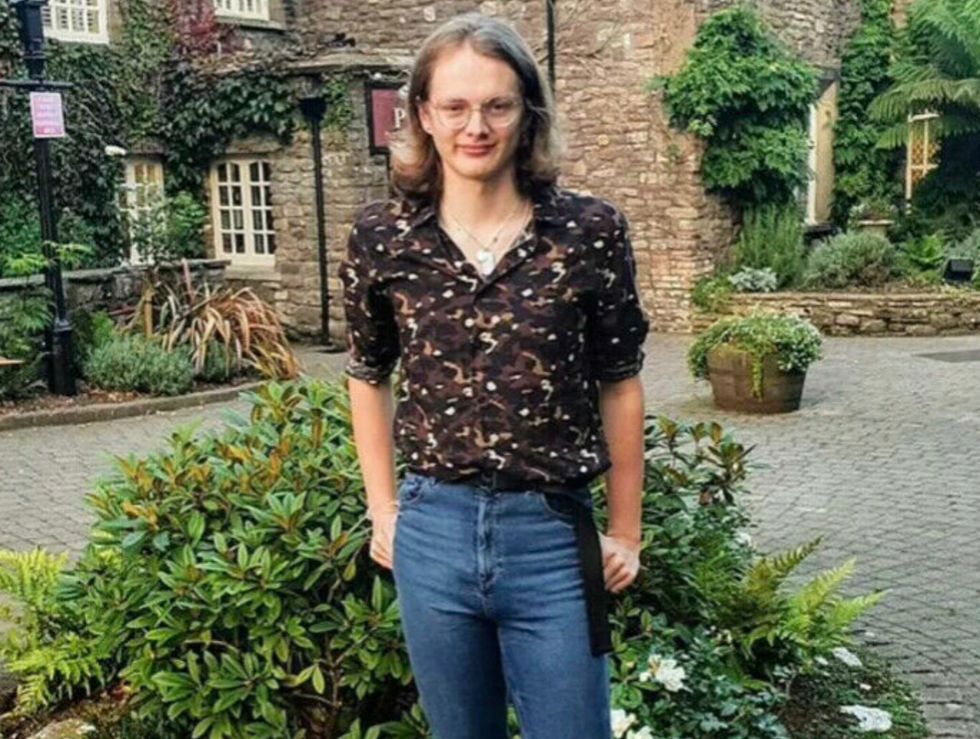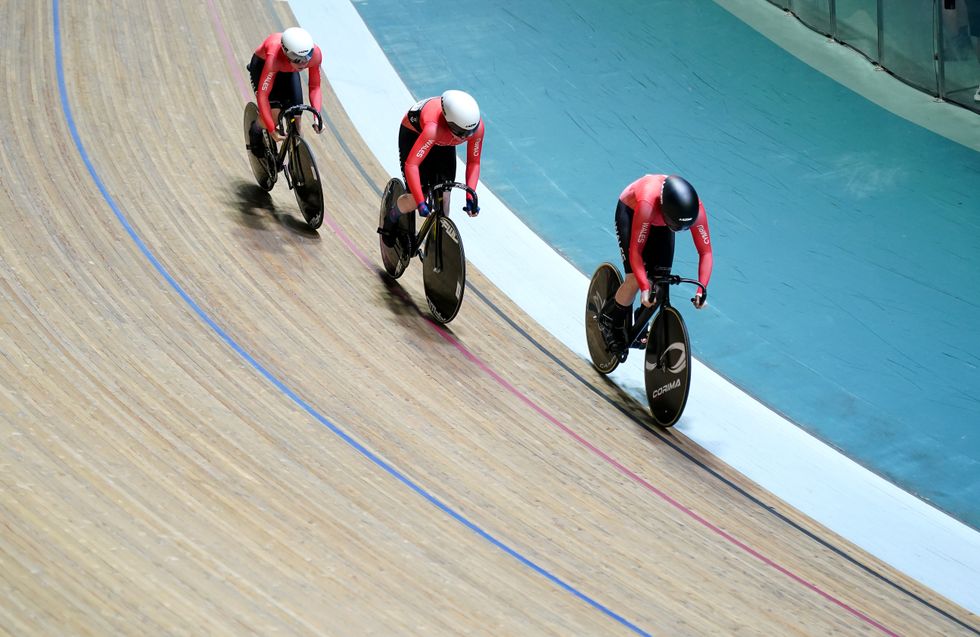Trans cyclist Emily Bridges was barred from competing in a women's event this weekend despite being eligible to race
Don't Miss
Most Read
Trending on GB News
The debate on trans women’s place in elite women’s sport has sparked emergency talks between international sports federations on creating tougher new rules.
Heading the talks is President of Union Cycliste International (UCI) and international sports David Lappartient.
It follows the announcement that the UCI thwarted trans cyclist Emily Bridges from competing in her first women’s event at the British National Omnium Championships on Saturday, where she would have gone up against five-time Olympic champion Dame Laura Kenny.
Ms Bridges, who began hormone therapy last year, was initially declared eligible following recent changes to British Cycling’s transgender and non-binary participation policy.
Emily Bridges
@EmilyBridges45_ / Instagram
Mr Lappartient has now said cycling’s current rules, which allow trans women to compete against cis women if they reduce their testosterone to below 5 nmol/L for a period of 12 months, were “probably not enough” to ensure fair competition.
He said: “It is a very sensitive topic at the moment.
“The question is, is there a memory from your body from what you were before? Do you have an advantage for this? Do we have a breach of fair competition?
“When you ask this question, it is not to challenge the fact that people want to transition. We fully respect that.
“But I can also really understand from ladies [who] say: ‘OK, we don’t accept this.’ At the moment, the union of women’s riders are completely against this and challenging the UCI. So we are in between.”
Team Wales on their way to winning gold in the Women's Team Sprint during day four of the HSBC UK National Track Championships at the Geraint Thomas National Velodrome, Newport
Zac Goodwin
Mr Lappartient told The Guardian: “I had some discussions this week with the Olympians associations, with some international federations. In cycling, in swimming, in athletics, the question of fair competition is really a question we must put on the table.
"Is it a right to take part when you do the transition at the highest level or do we have to see if this will affect the fairness of competition?
“I believe that maybe the situation we have now, of the rules of five nanomoles per litre [to measure testosterone levels], is probably not enough."
The initial decision to allow Ms Bridges to race sparked widespread debate and British Cycling called for clarity across all sports surrounding the issue of trans athletes in a statement on Wednesday.
Stonewall slammed the decision that prevented Ms Bridges from competing in the women’s event and urged sport to do more for the trans community.
Liz Ward, director of programmes at campaign group Stonewall, said in a statement: “It is disappointing that UCI have overruled British Cycling’s competition criteria, which Emily was in full compliance of.
“British Cycling had already extensively consulted on their trans-inclusion policy which is fully in line with International Olympic Committee guidelines. Our thoughts are with Emily who has trained hard and hasn’t been given a fair chance to compete in Saturday’s race.”
Sports Minister Nigel Huddleston earlier this week said sport must be a level playing field for all, but accepted there is an “uncomfortable journey” ahead in striving to deliver inclusivity for transgender athletes.
Ms Ward added: “While elite sport often dominates these discussions, it only makes up a tiny proportion of all sport played in the UK.
“We know that trans people are also under-represented in community sport and often feel excluded. Two in five trans people (38 percent) say they avoid going to the gym or participating in sports groups because they fear discrimination and harassment.
“Sport has the unique power to bring us together and it’s important that trans people have the opportunity to enjoy the benefits of sport without facing exclusion or abuse.”










